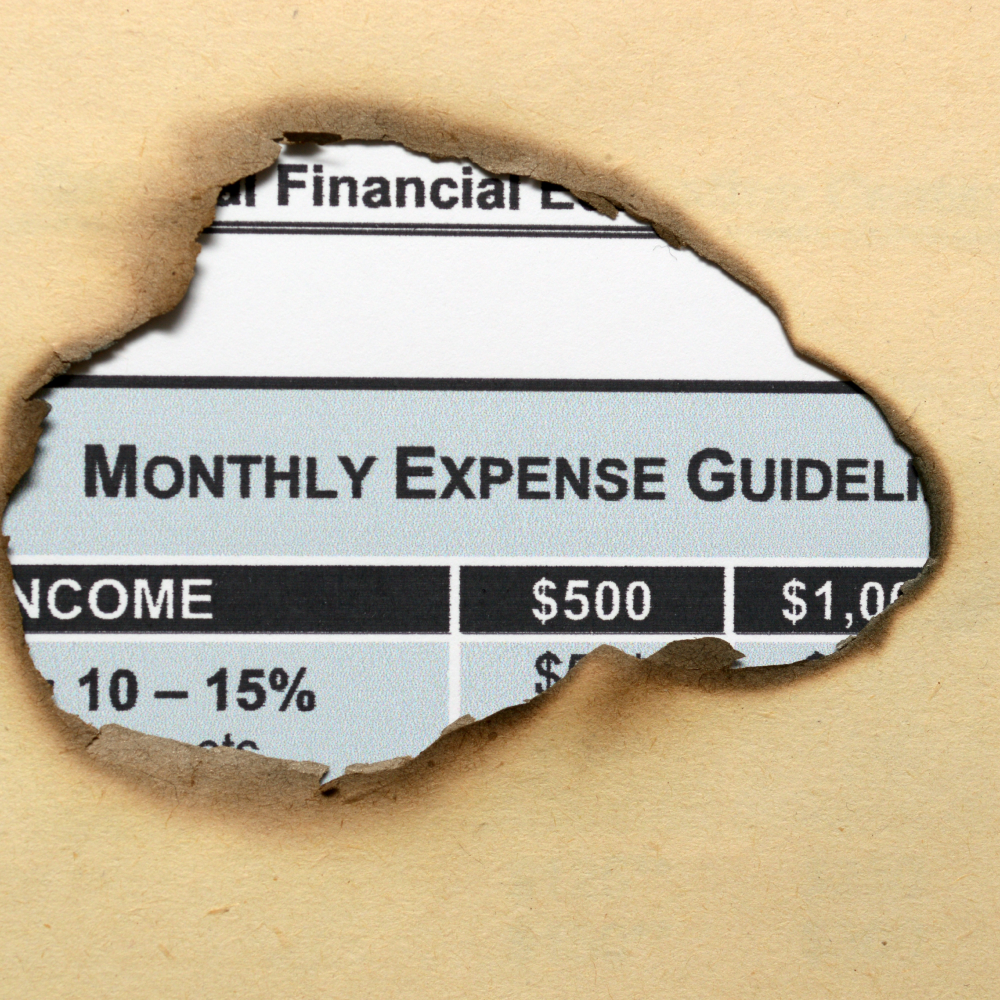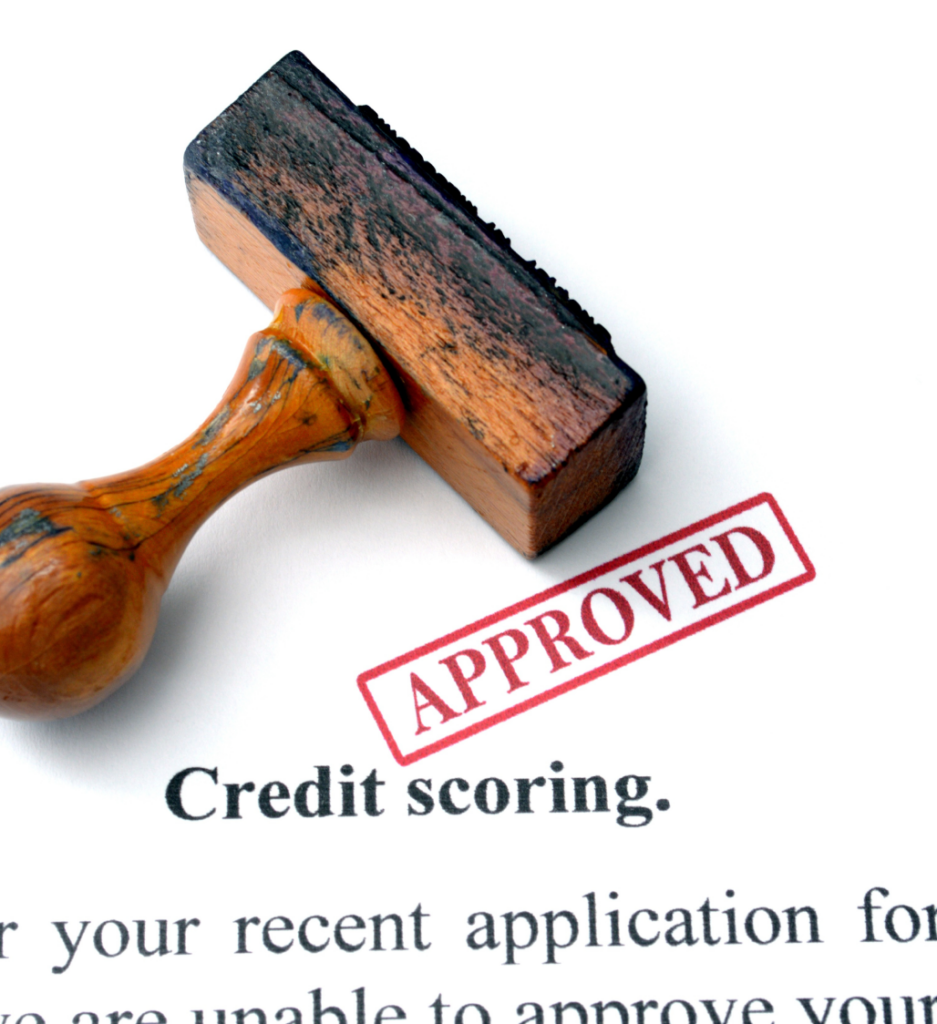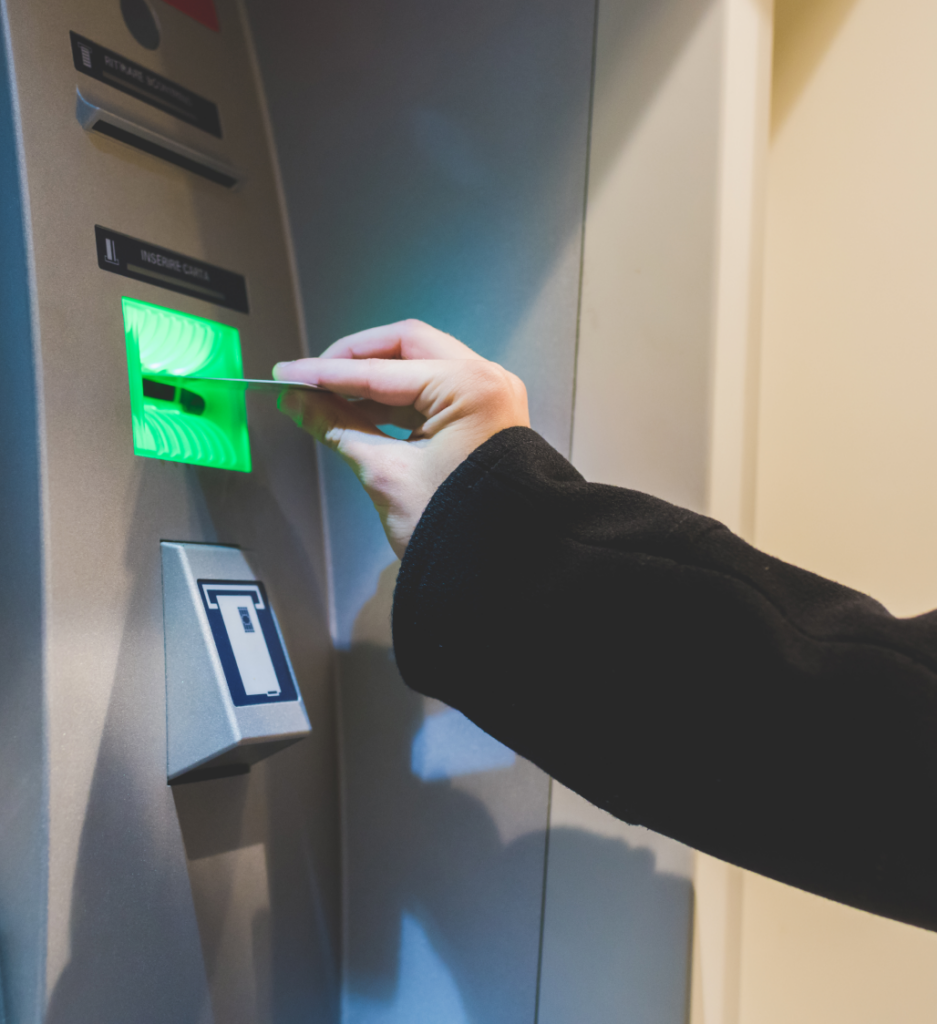What you should know about escrow accounts and the year-end reconciliation process?

Escrow accounts play a crucial role in real estate transactions, providing a secure intermediary for the handling of funds between parties involved. Whether you’re a homeowner or a potential buyer, understanding the year-end reconciliation process for escrow accounts is essential for financial transparency and peace of mind.
What is an Escrow Account?
An escrow account is a financial arrangement where a neutral third party, typically the escrow agent, holds and manages funds on behalf of two parties involved in a transaction. Commonly used in real estate, these accounts ensure a smooth and secure transfer of funds during the buying or refinancing of a property.
Key Components of Escrow Accounts:
- Property Taxes:
- One of the primary purposes of an escrow account is to cover property taxes. Each month, a portion of your mortgage payment goes into the escrow account to accumulate the necessary funds to pay your property taxes when they are due.
- Homeowners Insurance:
- Similarly, escrow accounts often include funds for homeowners insurance. This ensures that your insurance premiums are paid in full and on time, protecting both you and the lender from potential risks.
- Mortgage Insurance:
-
- If you have private mortgage insurance (PMI), the escrow account may also cover these payments. PMI is typically required if your down payment is less than 20%. Or if you have a FHA loan. PMI is always required on FHA loans.
Year-End Reconciliation Process:
At the end of each year, your lender will conduct a reconciliation of the escrow account to ensure that the correct amount of funds has been collected to cover property taxes, insurance, and any other applicable expenses. Here’s what you need to know about this process:
- Escrow Analysis:
- The lender performs an escrow analysis to compare the projected expenses for the upcoming year with the funds available in the escrow account. This analysis determines whether there is a surplus or a shortage.
- Surplus or Shortage:
- If there’s a surplus, you may receive a refund or have the option to apply the excess funds to your mortgage principal. On the other hand, if there’s a shortage, your monthly mortgage payment may be adjusted to cover the shortfall.
- Notification to Homeowners:
- Lenders are required to provide homeowners with an annual escrow statement that outlines the details of the account, including the beginning and ending balances, disbursements, and any changes to the monthly payment.
- Review Your Statement:
- Homeowners should carefully review the escrow statement to ensure accuracy. If there are discrepancies or unexpected changes, it’s important to contact the lender promptly for clarification.
- Changes that may increase your mortgage payment:
-
- If your insurance premium has increased, this will directly impact your monthly mortgage payment. The mortgage payment was previously calculated with the prior policy’s premium amount. Any change will directly impact your monthly mortgage payment amount.
-
- If your property taxes have increased, this will impact your monthly mortgage payment. The mortgage payment was previously calculated with the prior property tax amount. Any change will directly impact your monthly mortgage payment amount.
Conclusion:
Understanding the ins and outs of escrow accounts and the year-end reconciliation process is vital for homeowners looking to manage their finances effectively. By staying informed and reviewing your annual escrow statement, you can ensure that your escrow account remains in good standing, providing financial security and peace of mind throughout the homeownership journey.
Look to California Community Credit Union for your financial needs!
California Community Credit Union provides extraordinary products and services to best suit our member’s financial goals. CACCU offers a safe way to save and earn competitive dividends with our savings accounts and low-interest loan rates. We invite you to become a valued member today – contact us to get started on your financial journey!
you may also like
5 Investing Ideas to Help Prepare for Your Future
Investing can be one of the most effective ways to build wealth and secure your financial future….
Home Equity Financing: How Credit Unions Can Make It Easier
The housing market has seen significant fluctuations over the past few years, with home values rising substantially…









